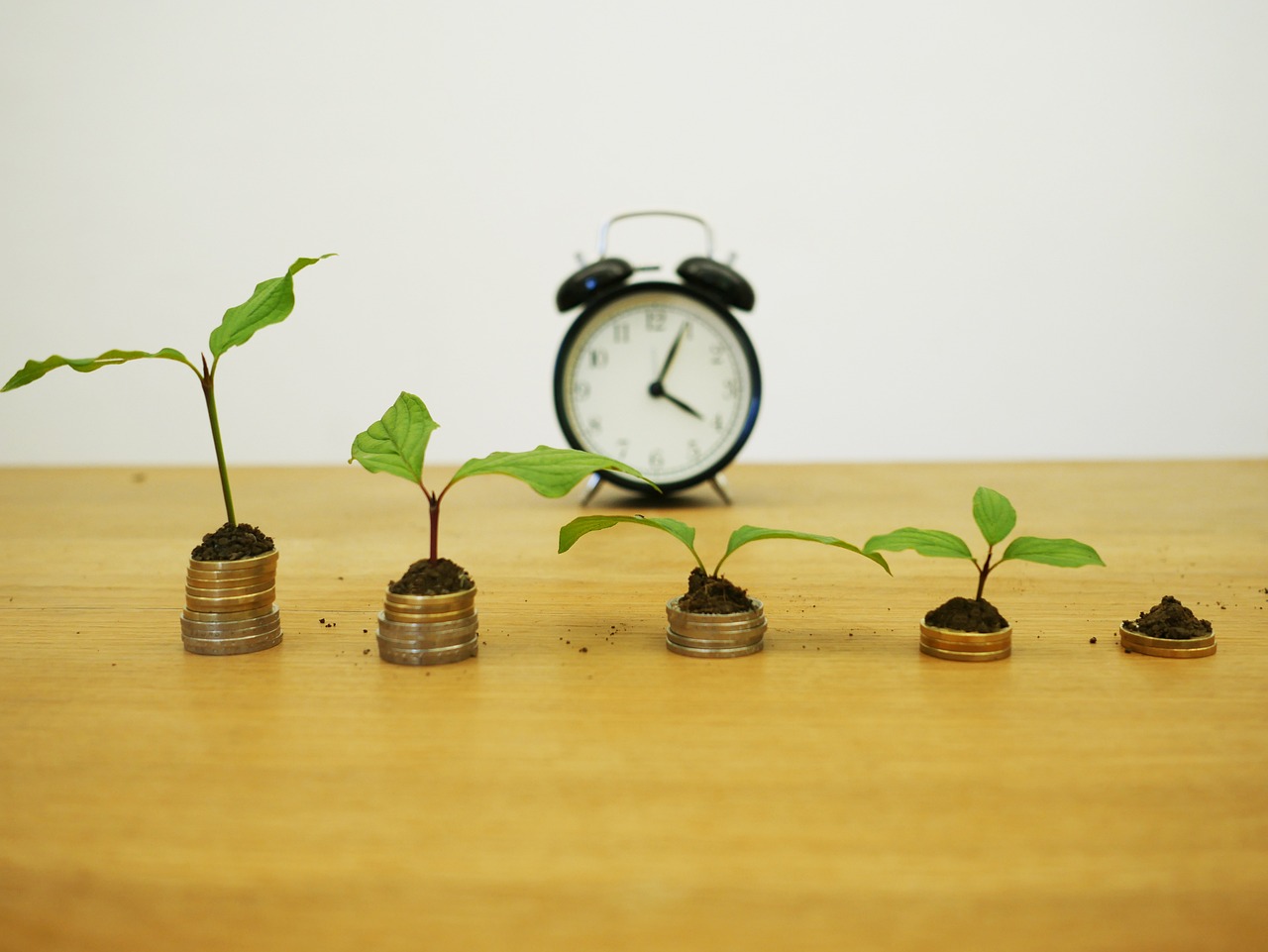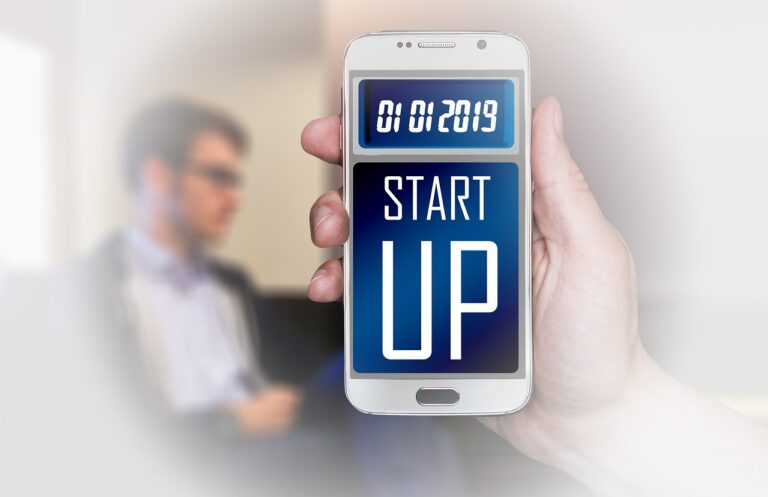Best Practices for Event Marketing: 11xplay, Tigerexch247 login, Booki bet
11xplay, tigerexch247 login, booki bet: Event marketing is a crucial aspect of any successful marketing strategy. Whether you are hosting a trade show, conference, product launch, or any other type of event, it is essential to have a solid plan in place to ensure that your event is a success. In this article, we will discuss some of the best practices for event marketing to help you maximize the impact of your next event.
1. Define your goals
Before you begin planning your event, it is essential to identify your goals. What do you hope to achieve with this event? Are you looking to generate leads, increase brand awareness, or drive sales? Once you have a clear understanding of your objectives, you can tailor your event marketing strategy to help you achieve them.
2. Know your target audience
Understanding your target audience is critical to the success of your event. Who are you trying to reach with your event, and what are their interests and preferences? By knowing your target audience, you can tailor your event marketing efforts to resonate with them and drive engagement.
3. Create a compelling event theme
A compelling event theme can help generate excitement and interest in your event. Choose a theme that aligns with your brand and resonates with your target audience. A well-thought-out event theme can help create a cohesive experience for attendees and make your event memorable.
4. Leverage social media
Social media is a powerful tool for event marketing. Use platforms like Facebook, Instagram, Twitter, and LinkedIn to promote your event, engage with your audience, and build excitement. Create a dedicated event hashtag to encourage attendees to share their experiences and generate buzz around your event.
5. Collaborate with influencers
Influencer marketing can be a valuable asset for event marketing. Identify influencers in your industry or niche who align with your brand and target audience and collaborate with them to promote your event. Influencers can help increase awareness of your event and reach a wider audience.
6. Utilize email marketing
Email marketing is a cost-effective way to reach your audience and promote your event. Build an email list of interested attendees and use targeted email campaigns to promote your event, share important updates, and drive registration. Personalize your emails to make them more engaging and relevant to recipients.
7. Offer early-bird discounts
Encourage early registration by offering early-bird discounts or incentives to attendees who sign up early. Early-bird discounts can help create a sense of urgency and drive ticket sales. Promote your early-bird offers through email marketing, social media, and other channels to generate interest and boost registration numbers.
8. Create engaging content
Create engaging and valuable content to promote your event and attract attendees. Develop blog posts, videos, infographics, and other types of content that provide value to your audience and showcase what they can expect from your event. Share your content across your website and social media channels to build anticipation and interest.
9. Partner with sponsors
Partnering with sponsors can help offset the costs of your event and provide additional resources and exposure. Identify potential sponsors who align with your event goals and target audience and create custom sponsorship packages that offer them value in return. Collaborate with sponsors to promote your event and increase visibility.
10. Implement a comprehensive marketing plan
Create a comprehensive event marketing plan that outlines all of your promotional efforts leading up to and during the event. Include a timeline of key milestones, marketing channels to be used, and metrics to track the success of your campaign. By having a well-defined plan in place, you can ensure that your event marketing efforts are coordinated and effective.
11. Utilize event technology
Take advantage of event technology to streamline your event marketing efforts and enhance the attendee experience. Use event management software to manage registrations, track attendee engagement, and collect feedback. Implement event mobile apps to provide attendees with important event information, networking opportunities, and interactive features.
12. Measure and analyze results
After your event is over, it is essential to measure and analyze the results of your event marketing efforts. Track key metrics such as attendance numbers, engagement rates, lead generation, and ROI to evaluate the success of your event. Use this data to identify areas for improvement and inform your future event marketing strategies.
In conclusion, event marketing is a powerful tool for engaging with your audience, building brand awareness, and driving business growth. By following these best practices for event marketing, you can maximize the impact of your next event and achieve your marketing goals.
FAQs:
Q: How far in advance should I start marketing my event?
A: It is recommended to start marketing your event at least 3-6 months in advance to give yourself enough time to build awareness, generate interest, and drive registrations.
Q: How can I measure the success of my event marketing efforts?
A: You can measure the success of your event marketing efforts by tracking key metrics such as attendance numbers, engagement rates, lead generation, and ROI. Use this data to evaluate the effectiveness of your marketing strategies and make informed decisions for future events.
Q: What are some creative ways to promote my event?
A: Some creative ways to promote your event include hosting contests, organizing giveaways, partnering with influencers, creating interactive experiences, and utilizing storytelling techniques to engage your audience and build excitement.







